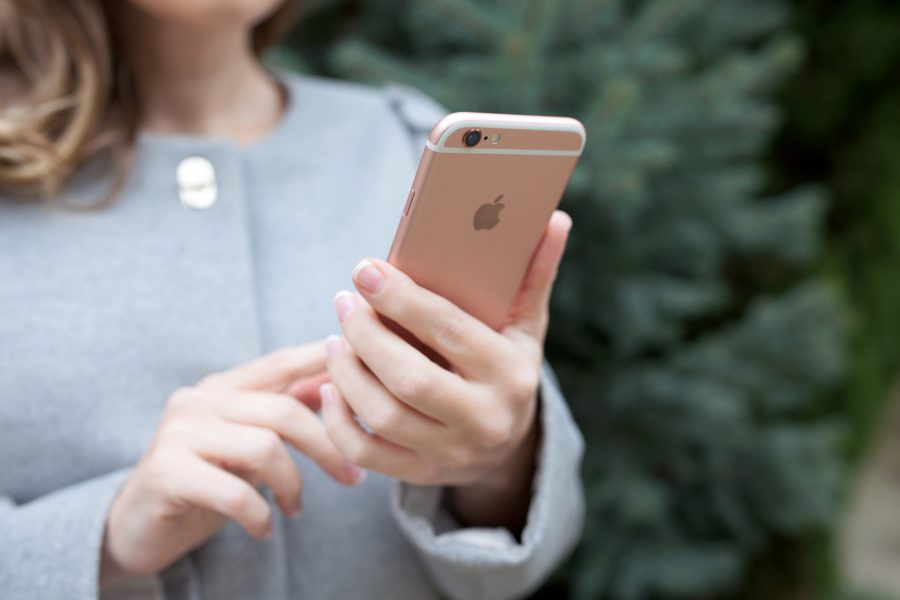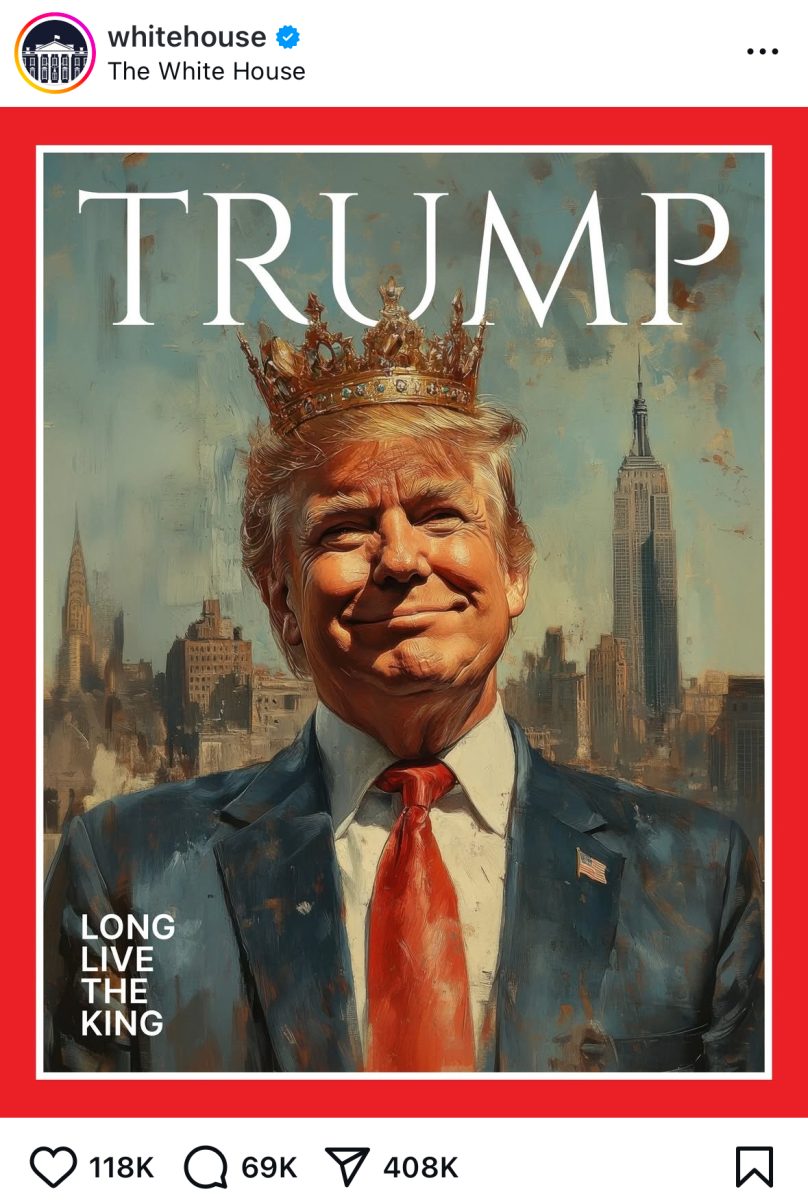
At the onset of the COVID-19 pandemic and global quarantine, universities suddenly sent thousands of students home from their campuses. Because of this, many college aged couples were suddenly thrown into unexpected long-distance relationships. Although long distance relationships are notorious for prolonging painful breakups, I believe that in the context of surviving quarantine, couples grew tremendously in the quality of their relationships.
It is important to note that the timeline of long-distance relationships was both unknown and relatively short in scale – each member of the pairing knew that when they would eventually return to college, they could regain relative normalcy in their relationship on. This being so, quarantine couples could rely on the knowledge that the long-distance status of their relationship would be temporary. This provided comfort in knowing that when the world began to open up again, their relationship could progress as usual.
Additionally, because the pandemic essentially shut down most group activities for the public, FOMO (Fear of Missing Out) was not an essential factor in the long-distance dance. Each individual in the relationship was likely not out making new friends or creating life experiences without the other member of the relationship. This allowed for each member of the couple to feel a similar degree of familiarity with their significant other’s life and routine – there are no new “players” to keep track of and try to understand from afar.
Relationships … strengthened during quarantine because people felt emotionally isolated when they were sent home.”
Story continues below advertisement
Next, it is important to discuss the positive affect technology has on long distance relationships in this age. With the progression of phones, computers and accompanying applications, long distance couples had a plethora of activities to choose to use for virtual date night. Browser extensions such as Scener and Netflix Party allowed for couples to synchronously watch their favorite shows together while still hearing their significant other’s voice and seeing their face. FaceTime allowed for couples to show each other where they were at a given moment. Apple watches allowed couples to send haptic taps to each other when they were thinking of one another. The list goes on.
For the reasons listed above, long distance relationships could maintain their strength during the pandemic. However, relationships grew and strengthened during this time for a very interesting reason – individuals themselves experienced vast personal growth.
Quarantine sparked people to find new hobbies, go outside and connect with nature, and learn more about their own headspace. Without the constant distractions that jump at college students each day, there was more time and space to think freely about what fulfills people on a deeper level. Why does this matter in a relationship? If you are more in tune with yourself and your own needs, then you might start to advocate for these needs and desires more with people who are important to you. This opens a new level of conversation and of connection between individuals. This effect was compounded by the fact that most people could not go to work, take class or leave their homes on a daily basis. Even when couples wanted to talk about more surface level occurrences, there was not much to talk about. Deeper, emotional topics prevailed.
In a peculiar way, relationships also strengthened during quarantine because people felt emotionally isolated when they were sent home. Relying on existing romantic relationships was very common in a time where reaching out to people for emotional sustenance was difficult. Thus, bonding between couples increased to an even greater degree. In craving that emotional and social connection, people relied increasingly on their existing formative relationships.
It is also interesting to consider the idea that being physically distant from someone you love makes you appreciate the time you share together even more. Now that many college couples have reunited, I argue that they will continue the positive habits they formed during quarantine — planning dates further ahead of time, listening well to each other and coming to one another as an emotional touchpoint throughout their days.
Particularly in a time when our lives are so difficult to predict, when there are few safe spaces, and when we must be sure to trust those who we see, it only makes sense that quarantine couples have had to grow to love and trust each other all the more throughout their time apart.
















